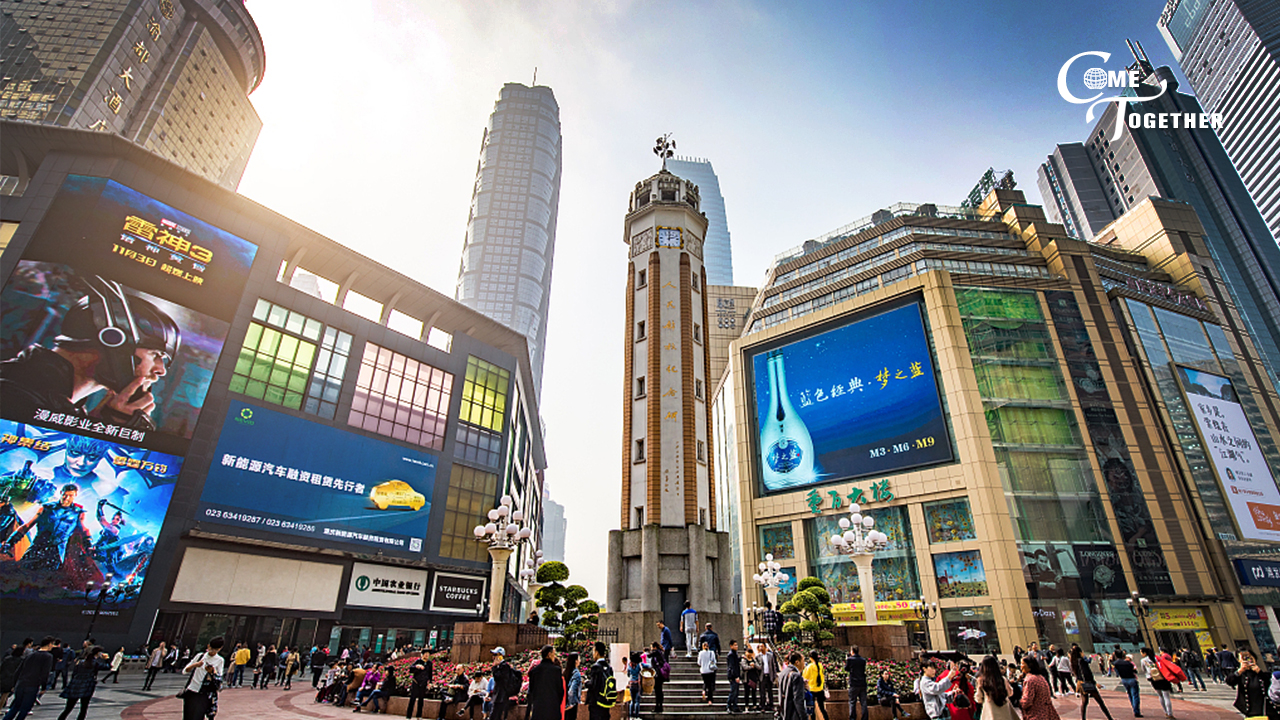11:21

The sudden outbreak of COVID-19 has brought the world to a standstill. The global economy is severely impacted, China too.
During Q1 of 2020, China's GDP showed a year-on-year fall of about 6.8 percent, and many residents saw their incomes drop for the first time in years. The Chinese government has, on the one hand, introduced several policies that stabilize employment and actively encourage businesses to resume operations. On the other hand, it is stepping up support for businesses, particularly small and medium-sized enterprises, in taxation, loans and funding.
These measures have alleviated the negative impact on businesses. China's economy and society have, in general, weathered the pandemic. The next step will be to further intensify reform, expand opening-up and promote high-quality economic development.
"China's success story really is that it has managed within 40 years to lift 750 million people out of poverty," said Beate Trankmann, resident representative of the United Nations Development Programme in China. "Now, if you look at incomes, incomes have actually increased by, of the bottom 40 percent of the population, 263 percent."
The increase in income has driven consumption growth. Now consumption has replaced investment as the key driver of the economy. According to China's Bureau of Statistics, in 2019, the second-largest economy's total retail sales of social consumer goods was about 6 trillion U.S. dollars, an 8 percent nominal growth compared to the year before.
"Right now, China's economic growth (mainly) depends on its domestic consumption," said Xia Qingjie, director of the Center for Human and Economic Development Studies at Peking University. "You can see people's standard for consuming has changed rapidly."
However, China has a very diversified economy. The country is leading many advanced technologies in the world. But development in many rural areas hasn't quite kept up with that pace yet.
"We've observed that the rural people's consumption level lagged behind," said Xia. "So, they have a great potential."
To eliminate the inequalities, China set the anti-poverty campaign as a primary task in building an all-round, well-off society. Between 2012 and 2019, 95 million Chinese in rural areas were lifted out of poverty, an annual average of over 13 million people. The poverty rate dropped to below 2 percent, achieving the best result in China's poverty-reduction history.
"China actually didn't stop there," Trankmann told Xia, further explaining that the Chinese government is making sure that people don't fall back into poverty by tracking it continuously.